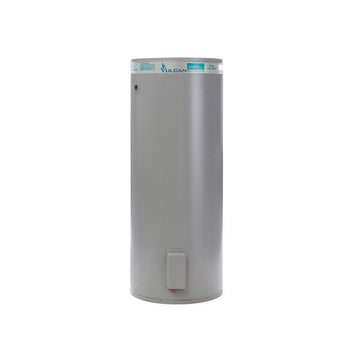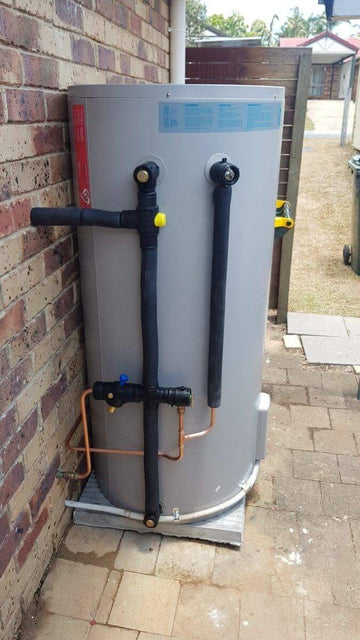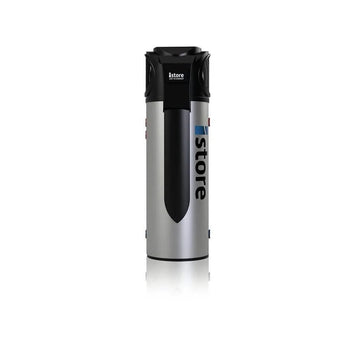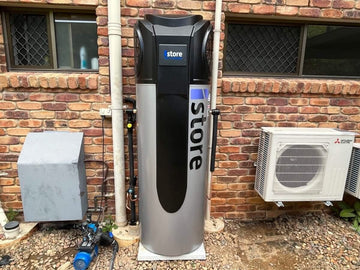How Does the Hot Water System Work? A Simple Guide
Hot water systems are an essential part of every household, providing a steady supply of hot water for bathing, cleaning, and cooking. But how does a hot water system work? This guide breaks down the basic operations of different systems like storage, continuous flow, solar, and heat pump to help you understand how each system heats water and delivers it to your home.
Key Takeaways
-
Hot water systems can be storage-based or continuous flow, with various energy sources like gas, electricity, solar, or heat pumps.
-
Regular maintenance is essential for efficiency and longevity.
-
Choosing the right hot water system depends on household size, energy efficiency, environmental impact, and specific usage needs.
Understanding Different Types of Hot Water Systems
Hot water systems generally fall into two categories:
-
Storage Systems: Maintain hot water in insulated tanks, ready for use.
-
Continuous Flow Systems (Instantaneous Systems): Heat water only when needed, reducing energy losses.
Each system utilizes a different energy source, including gas, electricity, solar, and heat pumps, offering unique benefits and energy efficiencies.
How Electric Hot Water Systems Work
-
Electric hot water systems require an electrical power supply to operate.
-
They heat water by passing an electric current through a heating element inside a storage tank.
-
Advantages: Easy installation and relatively low upfront cost.
-
Disadvantages: Higher running costs, especially during peak electricity rates.
Inside Gas Hot Water Systems
-
Gas hot water systems operate using natural gas or LPG, offering rapid heating.
-
Key Components: Burner, heat exchanger, thermostat, and safety controls.
-
When you turn on a hot tap, the system ignites the burner, and the heat exchanger transfers heat to the water.
-
Advantages: Fast heating, lower running costs than electric.
-
Disadvantages: Requires gas connections and proper ventilation.
The Functionality of Solar Hot Water Systems
-
Solar hot water systems use solar collectors to absorb heat from the sun and transfer it to a storage tank.
-
Often require a backup system (gas or electric) for cloudy days.
-
Advantages: Significant energy savings and environmental benefits.
-
Disadvantages: Higher upfront costs but long-term savings.
Instantaneous Hot Water Systems Explained
-
Also known as tankless systems, these heat water on demand, eliminating the need for a storage tank.
-
Uses either gas or electric elements to heat water instantly as it flows through the unit.
-
Advantages: Unlimited hot water, energy-efficient.
-
Disadvantages: Higher initial cost.
Choosing the Right Hot Water System
To select the best system, consider:
✅ Household Size – Larger families need bigger storage or continuous flow systems. ✅ Energy Source – Do you have access to gas, electricity, or solar panels? ✅ Usage Patterns – High demand for showers and appliances? Consider continuous flow. ✅ Budget & Efficiency – Looking for lower upfront cost (electric) or long-term savings (solar/heat pump)?
Maintenance Tips for Hot Water Systems
Regular maintenance is key to ensuring your system runs efficiently. Essential tasks include:
-
Flushing the system to remove sediment build-up.
-
Checking the anode rod to prevent corrosion.
-
Inspecting pressure relief valves to avoid excessive pressure build-up.
-
Ensuring proper insulation to reduce heat loss.
When to Replace Your Hot Water System
-
Signs you may need a replacement:
-
Leaks or water pooling around the unit.
-
Inconsistent heating or lukewarm water.
-
Unusual noises from the system.
-
Rusty or discolored water.
-
Age 8-12 years (most systems have this lifespan).
-
Comparing Gas and Electric Hot Water Systems
| Feature | Gas Systems | Electric Systems |
|---|---|---|
| Upfront Cost | Moderate | Lower |
| Running Cost | Lower | Higher |
| Installation | Requires gas connection | Simple plug-in setup |
| Environmental Impact | Higher emissions | Can be sustainable if paired with solar |
| Heating Speed | Faster | Slower |
Dealing with Common Hot Water Issues
💧 Leaks – May indicate corrosion or pressure valve failure. Call a plumber. 🔥 No hot water – Check power supply (electric), gas supply (gas systems), or pilot light. ⚡ Fluctuating temperature – Could be a thermostat issue or sediment build-up.
Summary
Understanding how hot water systems work helps in making informed decisions about installation, maintenance, and replacements. Whether electric, gas, solar, or heat pump, each system has unique advantages and drawbacks. Regular maintenance ensures efficiency and prevents unexpected failures.
By choosing the right system, you can optimize energy use, reduce costs, and ensure a steady hot water supply for your household.
Frequently Asked Questions (FAQs)
❓ What are the main types of hot water systems?
✔ Storage systems, continuous flow (instantaneous), solar, and heat pump.
❓ How long does a hot water system last?
✔ Typically 8-12 years, depending on maintenance and system type.
❓ What is the best energy-efficient hot water system?
✔ Solar and heat pumps are the most efficient, with lower running costs.
❓ How often should I service my hot water system?
✔ At least once every 2 years for optimal performance.
❓ What’s the fastest way to get hot water?
✔ Instantaneous (tankless) hot water systems provide on-demand heating.
🔧 Need Help Choosing or Servicing Your Hot Water System? Contact JR Gas & Water today for expert advice and professional installation services!











